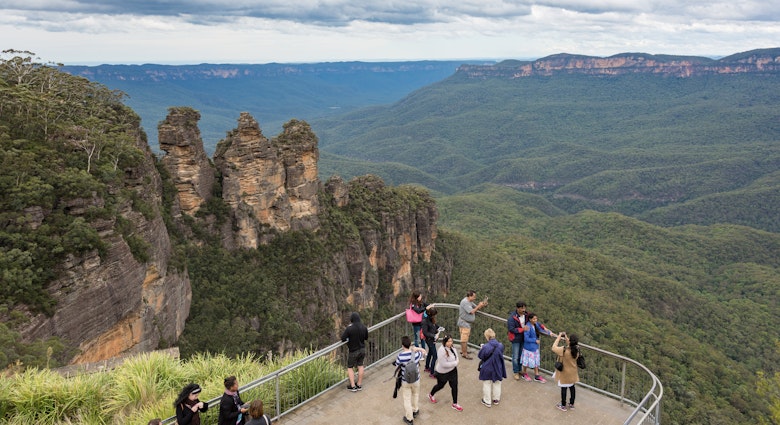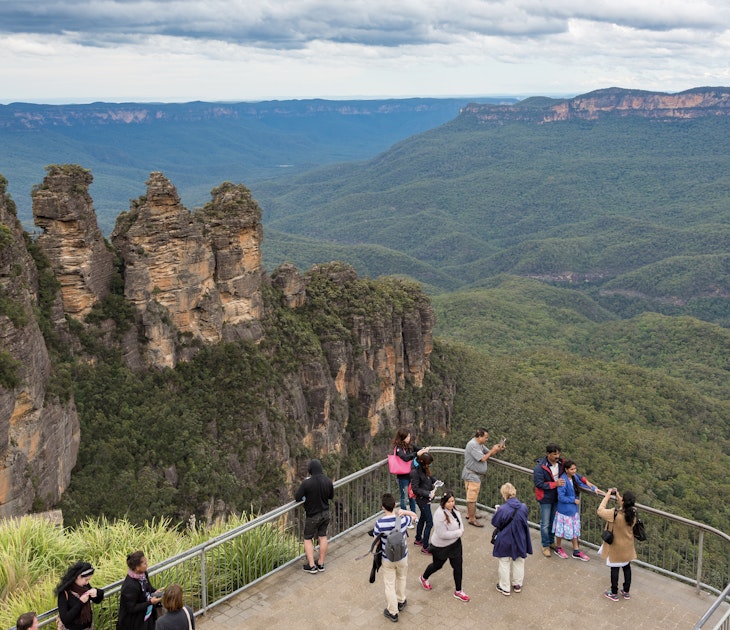
A tiger at the Bronx Zoo has tested positive for COVID-19

Apr 7, 2020 • 2 min read

Nadia, a four-year-old Malayan tiger at the Bronx Zoo, has tested positive for COVID-19 © Julie Larsen Maher/Wildlife Conservation Society
In what appears to be the first known animal infection in the US, one of the Bronx Zoo’s tigers has tested positive for COVID-19, the Wildlife Conservation Society announced Sunday.

Nadia, a 4-year-old female Malayan tiger, was diagnosed after she and six other big cats developed a dry cough, and her positive test was confirmed by the US Department of Agriculture’s (USDA) National Veterinary Services Laboratory. The animals – including Nadia’s sister, two Amur tigers, and three African lions – were infected by a caretaker who either developed symptoms later or interacted with the cats while asymptomatically infected, zoo officials believe. The Bronx Zoo has been closed since March 16.
Though their appetites have decreased, the affected cats “are otherwise doing well under veterinary care and are bright, alert, and interactive with their keepers,” the zoo said in a statement. “It is not known how this disease will develop in big cats since different species can react differently to novel infections, but we will continue to monitor them closely and anticipate full recoveries.”
Per the USDA, there’s no evidence that pets and other animals can be a source of infection or spread the virus to humans at this time, but the agency says that “anyone sick with COVID-19 should restrict contact with animals out of an abundance of caution...during their illness, just as they would with other people.”
Zoo staff is now taking preventative measures with the cats in their care, much like the precautions being taken on behalf of the primates. “Because some of our animals are so closely related to people, especially our gorillas, we have primate protocols in place all the time,” Jim Breheny, director of the Bronx Zoo and executive vice president of the Wildlife Conservation Society, told New York Magazine’s Intelligencer in March. “Whenever anybody works with primates, they will have masks on and face shields. That is both to protect the staff and protect the animals from any pathogens that might pass back and forth.”
“We tested [Nadia] out of an abundance of caution,” the zoo’s statement reads, “and will ensure any knowledge we gain about COVID-19 will contribute to the world’s continuing understanding of this novel coronavirus.”
The novel coronavirus (COVID-19) is now a global pandemic. Find out what this means for travelers.
Read more:
Orangutans befriend a romp of otters in Belgian zoo
26 amazing animal facts for kids
Explore the Great Barrier Reef with David Attenborough
Explore related stories

Beaches
These 5 day trips from Sydney will show you the splendors of New South WalesNov 22, 2024 • 7 min read

 Wildlife & NatureDay trips from New Orleans: 9 can't-miss jaunts from The Big Easy
Wildlife & NatureDay trips from New Orleans: 9 can't-miss jaunts from The Big EasyNov 21, 2024 • 6 min read
 Wildlife & NatureHidden treasures: Where locals love to travel in Argentina
Wildlife & NatureHidden treasures: Where locals love to travel in ArgentinaNov 21, 2024 • 5 min read


 ArchitectureThe ultimate guide to Tibetan Buddhist monasteries: exploring gompas in the Himalayas
ArchitectureThe ultimate guide to Tibetan Buddhist monasteries: exploring gompas in the HimalayasNov 22, 2024 • 7 min read

 Festivals & EventsChristmas dinners around the world: choose your favorite festive dishes
Festivals & EventsChristmas dinners around the world: choose your favorite festive dishesNov 22, 2024 • 5 min read

